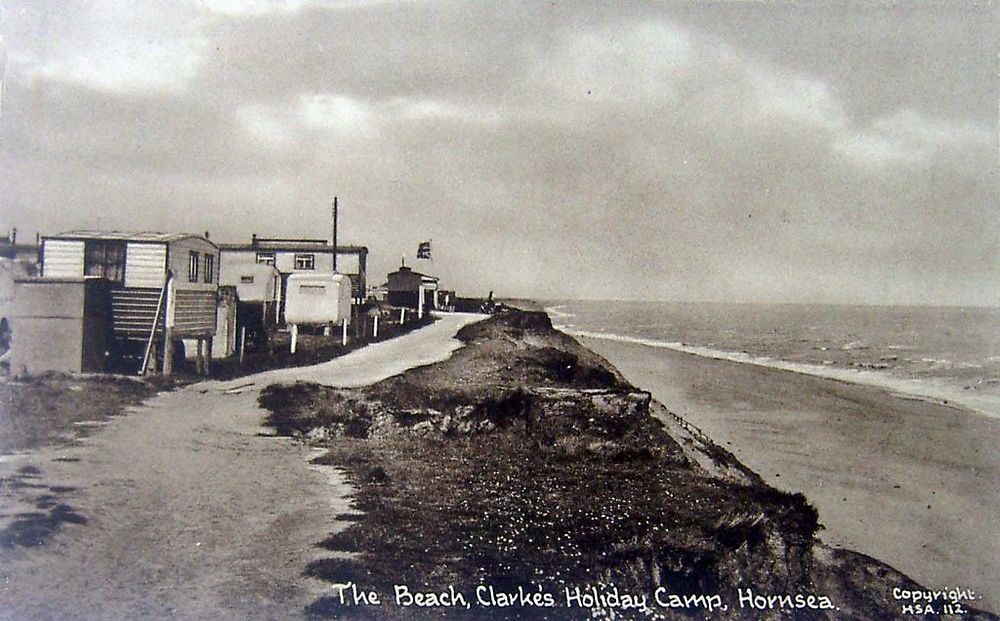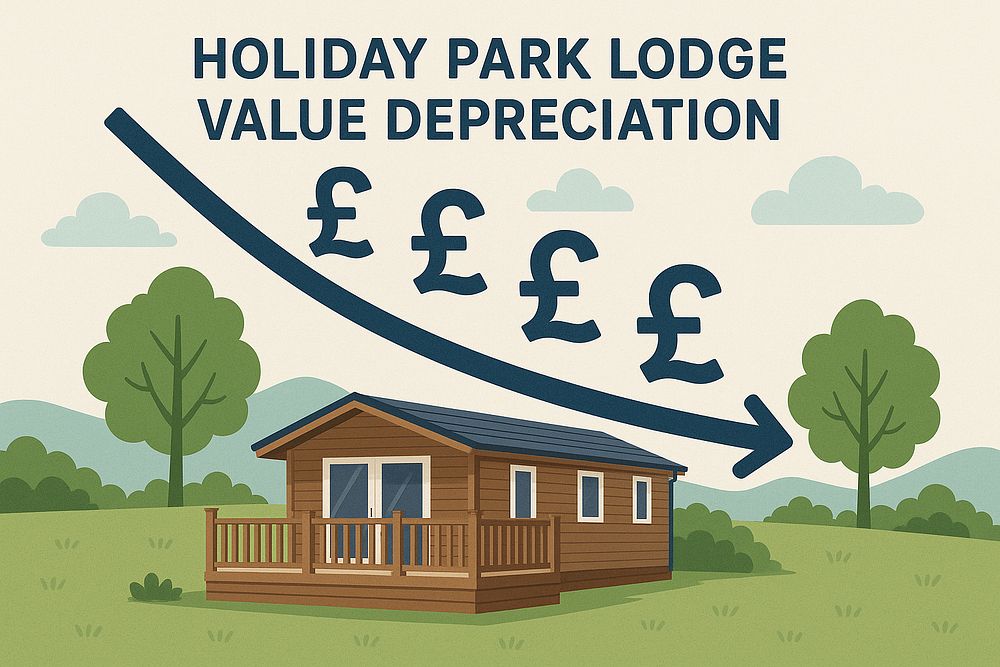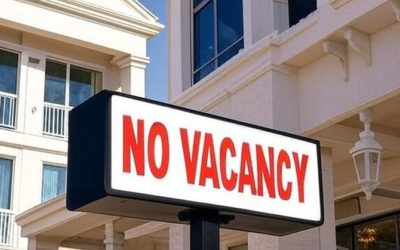Consumer expert calls for change to holiday park sales laws following depreciation misery
Rise of the holiday park
Holiday parks have been a mainstay for British vacations since the first one was opened in the Isle of Man in 1894 by Joseph Cunningham. The appeal of British areas of natural beauty and heritage has been skilfully catered to, and at affordable prices, for over 130 years.

By the 1930s, it was becoming more common for working people to have leisure time for holidays and Billy Butlin opened the first of his parks, which very quickly spread around the country. A several decade dip in demand started in the 1960s and 70s as foreign travel became accessible to broader sections of society. But in the last two decades and particularly since the 2020 COVID outbreak, holiday parks have become very much back in vogue.
Today’s holiday park is higher quality and people are encouraged to buy lodges or static caravans outright for themselves.
Predatory behaviour
Sophisticated sales operations around the country are doing brisk business selling lodges and static caravans to people looking for their own little slice of holiday park heaven.
But customers are reporting disappointing post-sales experiences, including unfair contracts; unfair fees and charges; harassment and unfair evictions; health and safety issues; and misrepresentation and/or unfair sales practices.

This latter issue often relates to the projected retention of value, or lack thereof, that their dream holiday property is likely to manifest.
Depreciation
It is one thing for a wealthy purchaser to spend a large amount of money with full knowledge of the unit’s likely value loss over time.
It is quite another for commission hungry, site sales personnel to mislead people into spending a significant portion of their life savings on a product that could be worth very little should they need to resell it.
In some cases, less than a year after the initial sale, holiday park unit owners report losing most of the money they initially paid.

If the buyer was misled about their lodge retaining value by a salesperson focussed on earning their commission on the sale, then is that any better than stealing?
Consumer expert
Greg Wilson, CEO of European Consumer Claims (ECC) believes there is a systemic obligation for legislated transparency.
“Salespeople are motivated by commission, so even with the best intentions they are often incentivised to say whatever they need to to close the deal,” says Greg. “The payment structure is set by the holiday park owners to drive sales, which of course every business needs.

“However, despite multiple calls on various sitting governments to introduce stricter legislation to govern holiday park sales, lobbyists have always been directed to rely on the Consumer Protection Act.
“With the large amounts of money involved, there is an increased need for regulations within the holiday park sales industry.
“A logical first step would be to mandate the publication of the prices former units have sold for on the park concerned. How much each unit has sold for, at what age, and after how many owners. In the same way as you can see the sales history of any UK property before you buy it.”
In the meantime…
If you have already bought a holiday park unit and been disappointed with the price you were forced to sell at, then help may be at hand.
Get in touch with the experts at Holiday Park Advice Centre (ECC’s holiday park division) for free, no obligation, completely confidential advice.


